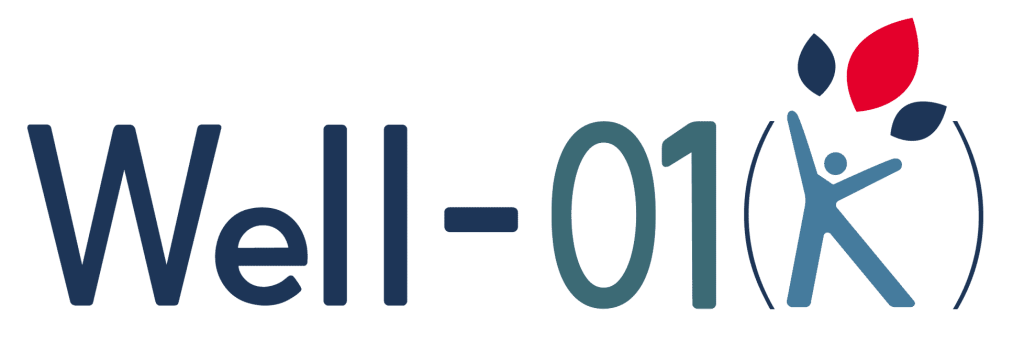Can you imagine how many of us would die of cancer, heart disease, kidney malfunction, or diabetes if we had the same visceral reaction to those disease names as we do to the word suicide? Imagine if we never discussed the struggle leading up to the chronic stages, openly shared treatment options, the variety of preventative measures or even the cause of death so that others could learn about the epidemics, support you during your time of loss, or relate to you from their own struggles.
But that is where we are with mental health. That is where we are with suicide. And it needs to stop. I bet that first paragraph has already made some of you a bit uncomfortable. It has been engrained in our society that this is something we don’t talk about above a whisper.
In 1998 I had the honor of chairing then Governor Carper’s Council on Alcoholism, Drug Abuse, and Mental Health. Together with Representative Jane Maroney, we were able to pass a law creating parity between mental health illnesses and other, more discussed diseases. I wish I could say, other than creating more access to insurance benefits, that we are better off.
In construction, we need to be aware that our industry is one of the leaders in the category of death by suicide. And you may be aware of my advocacy for veterans, where they die by suicide at a rate 50% higher than their civilian peers. My lay person view of the common denominator? Both groups are predisposed to both stress and have significant cultural barriers to mitigate diseases related to those stresses. Combine that with the often-intense physical requirements of both groups and you get long-term, often chronic, physical and mental health challenges.
There are thousands of studies that show the link between increased physical health and the benefits that can have on our mental health. This doesn’t mean we all have to become star athletes to feel better. Even just a small amount of exercise can have real benefits on our physical and mental state. At EDiS, in collaboration with Cardio Kinetics, we created a benefit program called the EDiS Well-01(k), mimicking the financial benefit, 401(k). We look forward to more and more conversations on this topic to make it familiar, comfortable, and a gateway to education and better wellness, and, when needed, intervention.

Join us in this journey. Talk about this topic. Move past the uncomfortable. Share your story. Become the hope.
Need help now? Call the Suicide Prevention Hotline at 988. https://988lifeline.org/talk-to-someone-now/




